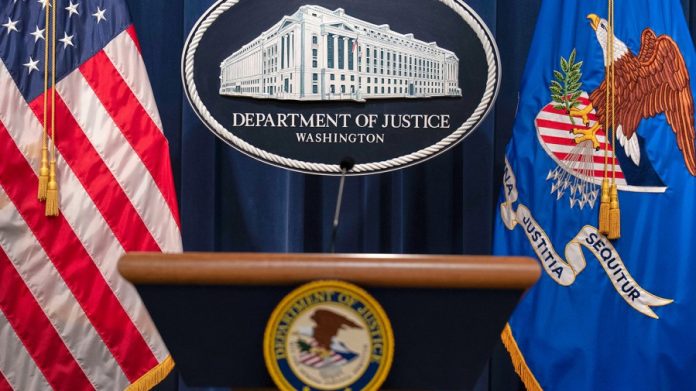
Even before the overturning of Roe v. Wade, the pro-life movement was already taking heat for attempting to revive mail-order abortion rules within the Comstock Act — provisions that, if enforced, would immediately prohibit the mailing or shipping of abortion drugs on a national scale.
Modern legal debate over its enforcement has left these rules subject to serious neglect. Congress never repealed these provisions — and in fact, expanded the law in 1996 to include abortifacient matter sent through the internet. But Roe led to the law’s disuse.
Political adversaries of the law have attempted to use the principle of desuetude or disuse to prevent the resurrection of Comstock enforcement, arguing that the prolonged non-enforcement of the law renders the law permanently unenforceable. But this doctrine has been largely rejected by American legal scholars and would fundamentally undermine congressional authority. Furthermore, the recency of Roe’s reversal has only just made the enforcement of Comstock relevant, negating the argument in favor of desuetude.
Other arguments against the law’s enforcement have focused on the “lawfulness” of abortion. The Biden-era Department of Justice issued a memorandum opinion in 2022 stating that the Comstock Act “does not prohibit the mailing, or the delivery or receipt by mail, of [abortion drugs] where the sender lacks the intent that the recipient of the drugs will use them unlawfully.”
This argument is most fundamentally flawed in a plain language reading of the act, since the terminology of “unlawful” is never used within the statute. Even if lawfulness were directly referenced within the text, online distributors of chemical abortive drugs have no way of knowing their drugs are being used lawfully. They cannot ensure that the patient information provided to them is attributable to an actual person, much less a woman with a verified uterine pregnancy less than ten weeks gestation. And women continue to come forward as victims of abortion pill abuse — certainly an “unlawful” use.
Moreover, enforcement of the Comstock Act under the construction of “unlawful” use language would still prohibit the mailing of chemical abortive drugs into states that have anti-abortion pill trafficking statutes. Abortion shield laws would be put to the test — and likely overturned — so states like Louisiana and Texas, which have been attempting to prosecute out-of-state abortion providers for mailing drugs into their state, would then be allowed to enforce their protections for women.
Jerry Rodriguez, a grieving father in Texas who is suing a California doctor for mailing his girlfriend abortion pills, would be able to get justice for his loss. Rodriguez is citing the Comstock Act in his claim, testing the framework of this revived law. Although California has an abortion shield law, Comstock supersedes state law as a federal statute.
In the midst of what is certain to be a drawn out and exhausting legal battle for Rodriguez, the Trump administration, as the executive enforcers of the federal government, must take a stand and enforce the Comstock Act.
Members of the administration have historically supported reviving the Comstock Act to prohibit the mailing of chemical abortive drugs. Shortly after the Justice Department issued its memorandum opinion on Comstock, then-Senator JD Vance (R-Ohio) signed on to a letter to then-Attorney General Merrick Garland, alongside forty other U.S. senators, calling out the department for “abdicat[ing] its constitutional responsibility to enforce the law” and supporting the enforcement of the Comstock provisions.
Now, as Vice President, Vance has the opportunity and influence not only to side with Comstock advocates, but to uphold the duties of the executive branch to enforce the law without prejudice and not politically abdicate responsibility in the footsteps of the preceding Biden-Harris administration.
This responsibility must be upheld, despite Trump previously going on record on the campaign trail that “the federal government should have nothing to do with this issue.” Inaction on the part of the executive branch to enforce Comstock undermines the Constitution, signaling to Congress their enumerated powers under the Postal Clause and Commerce Clause are null and void. The mere refusal to enforce the law directly upholds the federal bias toward the distribution of these drugs, whether or not Trump wants to acknowledge it.
Enforcement of the Comstock Act isn’t political — it merely upholds the legal structures on which our national republic was founded. It is about ending the cycles of coercion and abuse against vulnerable women and recognizing the loss by fathers like Rodriguez.
Political parties should not hold captive the enforcement of federal law by their own agendas, whether Democrat or Republican. As leaders in enforcing the law and order of our nation, the Trump Administration must put its weight behind the total enforcement of Comstock.
Gavin Oxley is the Media Relations Manager for Americans United for Life.

